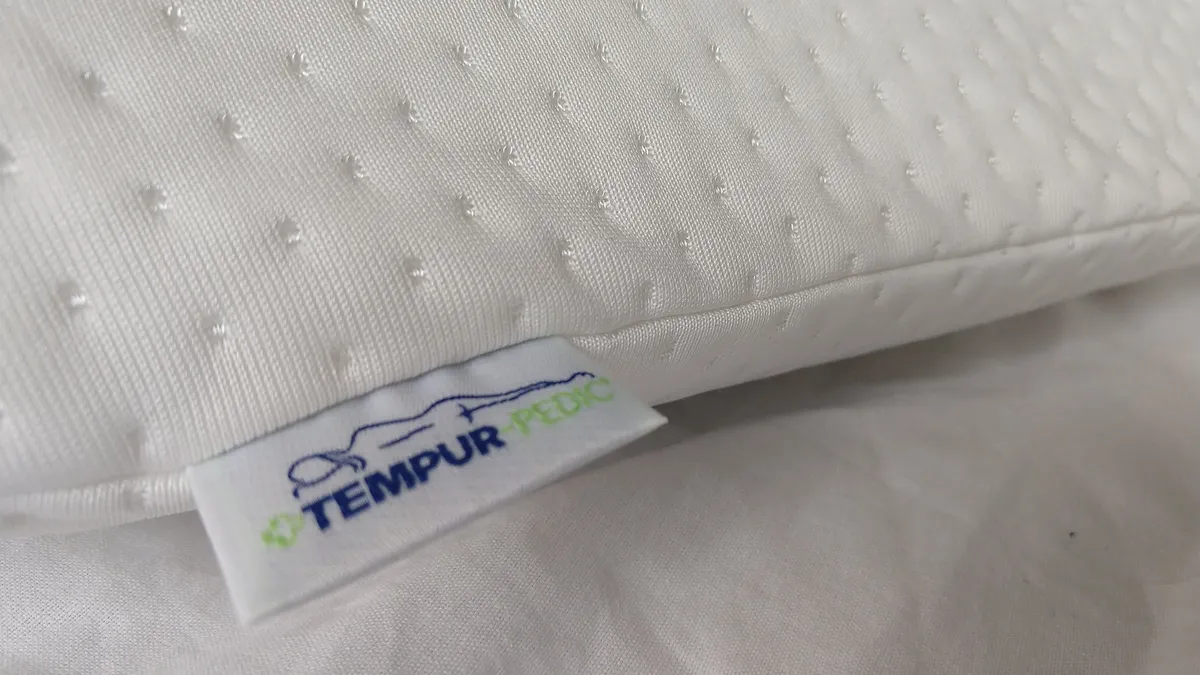Dive Brief:
- Tempur Sealy is diversifying sourcing to protect against the impacts of factory closures facing some of its China-based suppliers as the Shanghai area remains largely under lockdown, CEO Scott Thompson said in an earnings call last week.
- The mattress company is still seeing some inefficiencies in plants and is working to insulate itself from future disruption by "diversifying our supplier base ... and strengthening our inventory positions of both Tempur finished goods and adjustable bases," Thompson said.
- Tempur Sealy is undergoing another round of price hikes for both its domestic and international markets, as inflation and high commodity costs continues to drag on manufacturers. "Global inflation has recently surged and we expect approximately $15 million of incremental commodity headwinds in the second quarter," said CFO Bhaskar Rao.
Dive Insight:
Tempur Sealy moved quickly to shore up its inventory in order to keep delivery times in line with retailers' expectations amid the challenges in China, Thompson said. The company sources adjustable bases from "East Asian suppliers," but Thompson noted the company is well stocked for 2022.
"We made a very good decision early on to increase our safety stock on adjustable basis by a good bit to protect us from any disruption in China," Thompson said. "And that’s ended up being a real good call."
Company executives said they expect a "$10 million drag" on profits in Q2, due in part to COVID-19 outbreaks in Asia, Chairman and CEO Scott Thompson said during last week's earnings call.
Tempur Sealy is hardly alone in losing money due to China's stringent COVID-19 restrictions. Last week, Apple announced that it was predicting a sales loss of up to $8 billion, driven by factory closures for some of its China-based suppliers in the greater Shanghai region, according to its Q2 earnings call.
The mattress manufacturer operates six factories in China, including in Shanghai, according to its website. Thompson said the company is assuming that the country will be "open for business" by the third quarter.
Maintaining normal operations until then may prove difficult. Many factories in the Shanghai region are still dealing with operational, supplier and ground transport constraints, including needing government approval to reopen and limitations on truck drivers crossing provinces or entering facility grounds to make deliveries, making it difficult for supplies to get to factories.
Tempur Sealy has been working for months to bolster its U.S. manufacturing base in a bid to combat supply chain constraints and slumping inventories. The move was an attempt to limit the company's exposure to global supply chain disruptions, including the dueling challenges in both the Chinese and European markets.
Bolstering domestic manufacturing hasn't totally protected the company from global supply chain shocks — in late March, Tempur Sealy announced it would delay the launch of its international product line until the first quarter of next year, "in response to the current geopolitical uncertainty permeating the European market," Thompson said in a statement. Doing so will push $20 million in associated costs into next year.














